Can you take CBD with painkillers?
Estimated reading time: 8 minutes
1. Introduction
How do painkillers work? How does CBD work? Can you take CBD and painkillers? How can we categorize the different painkillers? All this we cover here in our article about CBD and Painkillers.
Whether you are suffering from period pains, a hormonal headache or just a hangover, you will probably want to know if you can take CBD and painkillers at the same time together. Traditionally, you may have always reached for the painkillers when pain strikes, but if recently you've moved on to CBD, then this is certainly a valid question.
2. Different painkillers and how they work!
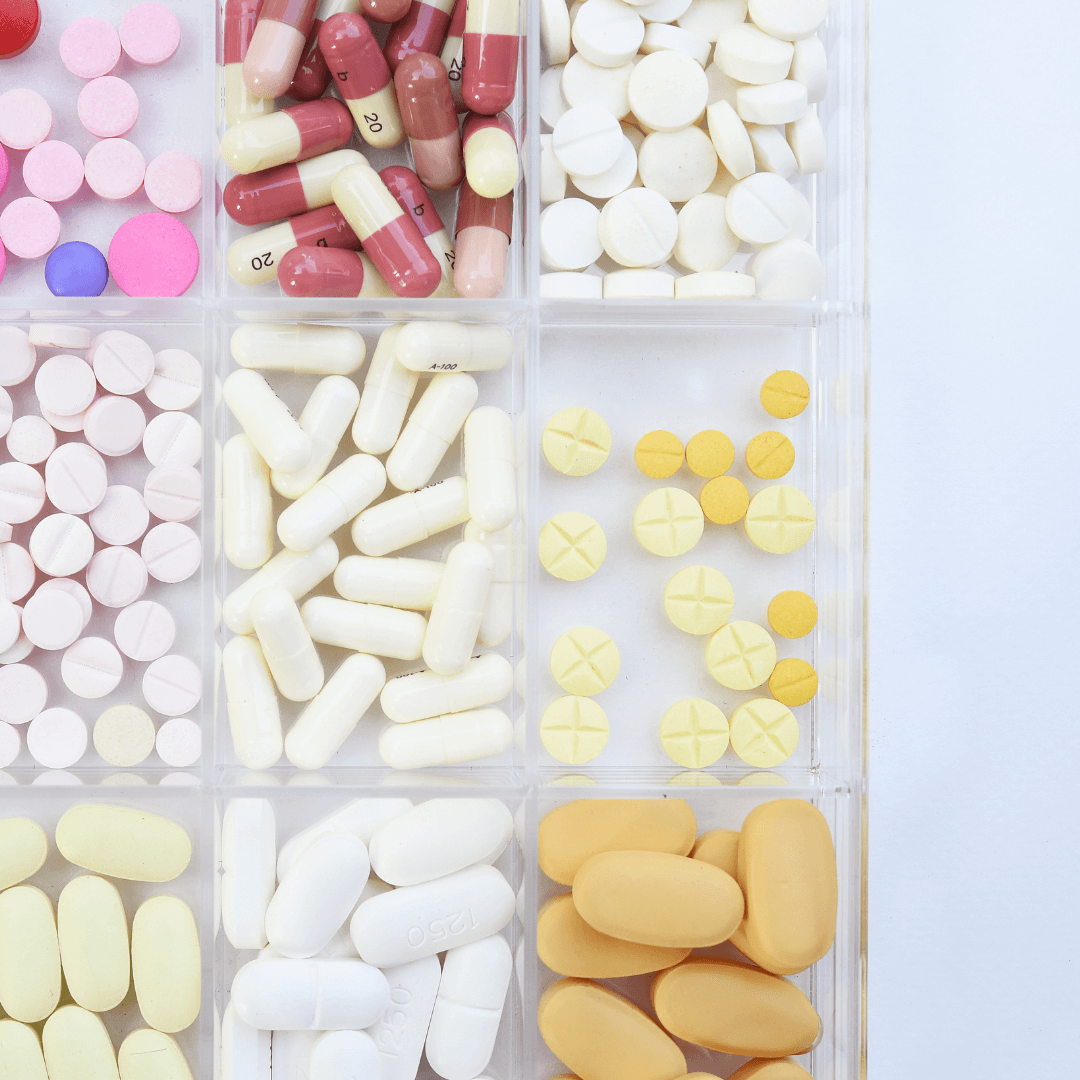
It's common to reach for an over-the-counter painkiller if you're experiencing headaches, muscle soreness, joint pain, or even period cramps. They can all be effective at relieving this pain.
However, some painkillers may be a better fit for you than others, and all of them have specific instructions that must be followed carefully in order to be taken safely. In more severe cases of pain, like after surgeries or injuries, your doctor may also prescribe a prescription painkiller. Here is a list and a short description of the different types of painkillers:
Over-the-counter painkillers:
- Nonsteroidal anti-inflammatory drug (NSAID)
These work by inhibiting the cyclooxygenase enzyme (COX enzyme). This prevents prostaglandins from forming.
Prostaglandins are responsible for inflammatory reactions in the body. By blocking prostaglandins, they reduce inflammation and the pain that comes along with it.
- Acetaminophen, also sometimes referred to as paracetamol, works differently from the NSAIDs.
Acetaminophen is a central acting drug, meaning it works centrally in the brain towards pain pathways. Though the exact mechanism of how acetaminophen works is unclear to researchers, it may work by inhibiting the COX pathway in the central nervous system.
Prescription Pain killers:
- Codeine
- Hydrocodone
- Morphine
- Oxycodone
These drugs work by a completely different mechanism than over-the-counter pain medications. Throughout the body, there are endogenous opioid receptors. Opioids interact with these receptors in a way that results in analgesia, or pain relief.
The long and the short of this is that endogenous opioid receptors are simply a group of receptors in the human body. Generally, when an agent binds to this group of receptors, pain is diminished.
Neumann says opioids are most frequently prescribed to treat pain from serious injuries or fractures, pain after surgeries or operations, and chronic pain for patients with cancer.
3. How does CBD work?
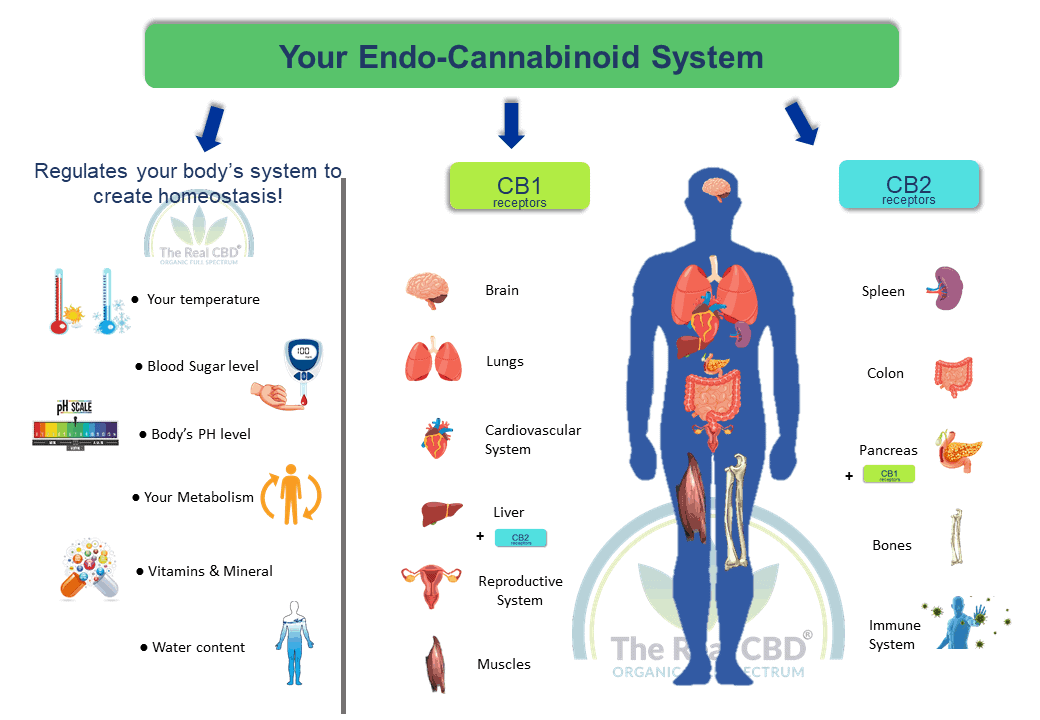
The most important job of the endocannabinoid system is to keep almost everything going on in your body in balance.
This system is made up of the CB1 and CB2 receptors. Anandamide and 2-Arachidonoylglycerol are what turn on these receptors.
Anandamide triggers the CB1 receptors, while 2-AG stimulates both the CB1 and the CB2 receptors.
CB1 activation controls sleep, hunger, nausea, mood, how we feel pain, and how we remember things. CB2 activation controls inflammation, since most of these receptors are in the immune system.
Read more about how CBD works if you want to find out more.
Now, THC attaches itself to CB1 receptors. This is how THC makes its healing benefits happen. It's also how THC gets you high and makes you feel good.
CBD doesn't stick to the cannabis receptors as well as THC does. This means that CBD can't directly turn on these receptors to make THC, anandamide, or 2-AG's therapeutic benefits happen. Instead, CBD works as a medicine by binding to different receptors and turning them on.
Cannabidiol (CBD) can slow down the reabsorption of important brain chemicals or messengers. So, CBD lets these chemicals stay in your body longer so that their benefits last longer.
4. Can you take CBD with painkillers?

Another question that we get asked a lot is, “Can I take CBD with painkillers?” It seems like a logical question! Many of the same people who take these painkiller medications would be a prime candidate for CBD use. Mixing CBD and painkillers might be common already, but it's important you understand the risks associated with doing this.
Let's have a closer look into taking CBD with painkillers.
Similarities Between CBD and Painkillers
If you're reading this blog on answering the question, “Can you take CBD with painkillers” you are probably already familiar with some of the more commonly prescribed painkillers on the market. Many of these popular painkillers include Vicodin, Percocet, and Oxycodone.
CBD is also known as cannabidiol, has gained a lot of attention over the last years. Even though it is still a grey area in the law and some governments still have not approved it for use as a supplement, many people still choose to try it and see if any of the potential effects on pain management or anti-inflammatory properties will work for them.
Before mixing any medications, you need to speak with your doctor first. Officially, there is not enough research on CBD oil taken with other pain medication, so we can not say anything for sure here in this blog – however….
What we can recommend is to give CBD a try. If it works for you, then great! You can get rid of the over-the-counter painkillers you are already taking and try a more natural approach. If It doesn't work, then it doesn't work. If you are on prescription painkillers, you CAN NOT just stop abruptly with them.
You MUST come off your opioids slowly and over a few weeks or months, depending on how long you have taken them. There can be harsh side effects and bad withdrawal symptoms if you stop opioids from one day to the next.
5. CBD and medication interactions!
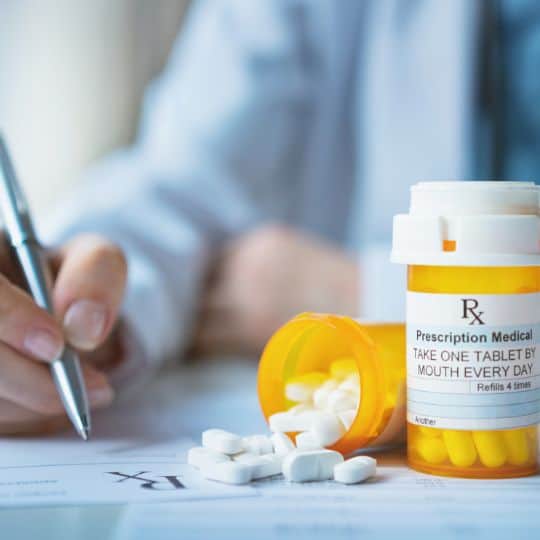
A number of medications, including CBD, are broken down by the same large family of liver enzymes, called CYP450.
CBD inhibits some enzymes in this family. This makes them break down certain drugs more slowly, which could potentially increase side effects unless your doctor adjusts the dose.
On the other hand, CBD induces other enzymes in this family, which speeds the breakdown of certain drugs so they may potentially be less effective unless the dose is increased.
As examples, you may experience increased side effects of CBD is used along with these drugs:
- Antidepressants (such as fluoxetine, or Prozac)
- Medications that can cause drowsiness (antipsychotics, benzodiazepines)
- Macrolide antibiotics (erythromycin, clarithromycin)
- Heart medications (some calcium channel blockers)
There is still a lot of uncertainty about how CBD interacts with drug-metabolizing enzymes in the body. The doctors know that there are some drug-metabolizing enzymes that are affected by CBD.
If you still choose to go ahead and take a full spectrum CBD product, we recommend that you keep minimum of 2 hours between your medication and the CBD product.
What medication should not be taken with CBD?
6. Cannabidiol and blood thinners!
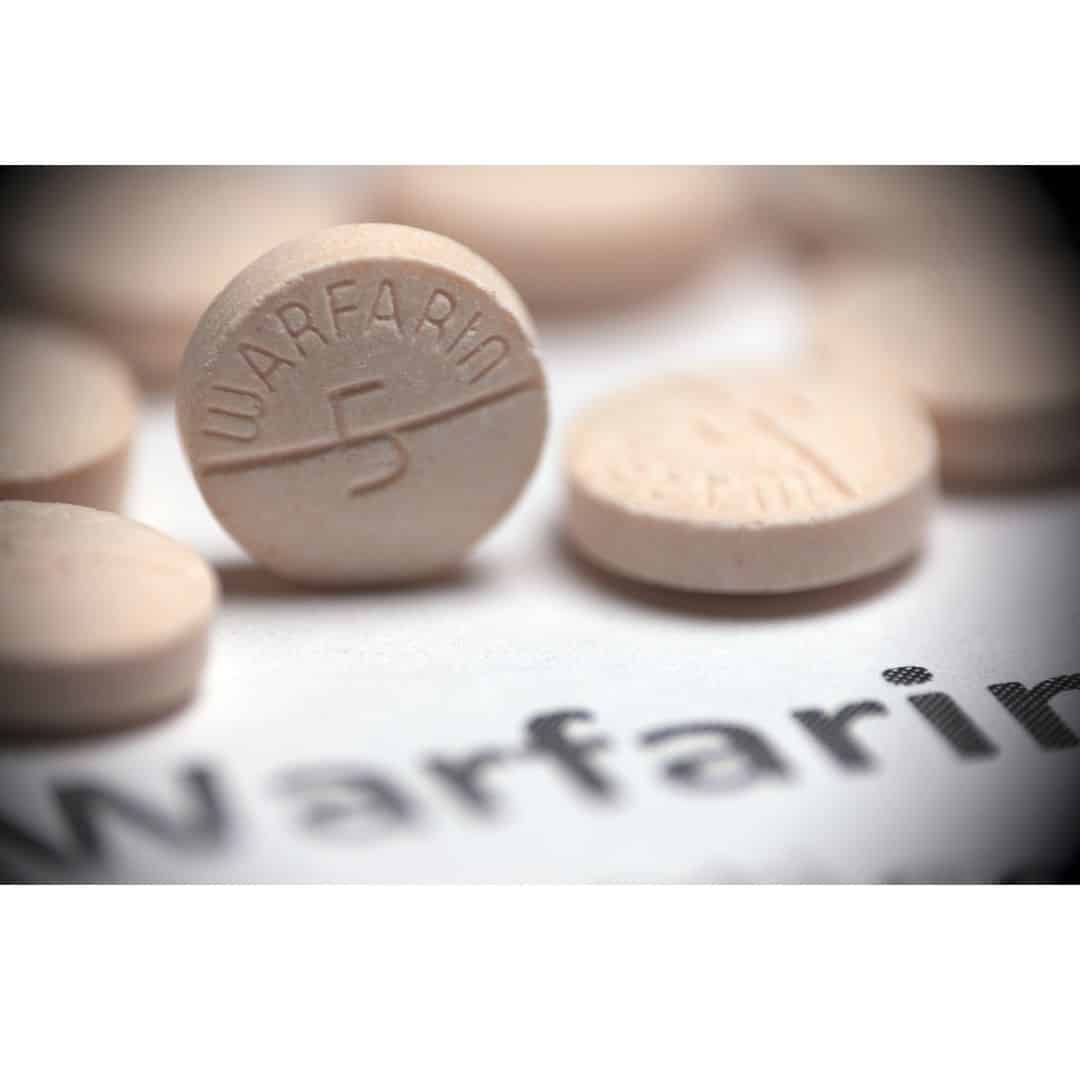
Blood thinners are medicines that a doctor gives to people with blood problems. In fact, some people have trouble with how their blood clots. When a person's blood is too thick, this happens. It can cause blood clots, which can kill you if they get to your lungs or heart. Blood clots usually start in your legs and move up. With blood thinners, your blood stays thin so that it can't clot.
CBD might have the “grapefruit” effect. Some medicines can't be taken with grapefruit because it weakens them. Usually, the instructions that come with your medicine say that you shouldn't eat grapefruit while taking it.
In fact, people who take blood thinners and CBD should consult a doctor before taking the two together. CBD can cause the blood thinners not to work to their full potential. If your blood thinners aren't working at their full potential, that can be a deadly mistake. Always consult a doctor when starting anything new when you take blood thinners.
Read more about CBD and blood thinners here
7. Potential Side Effects of CBD
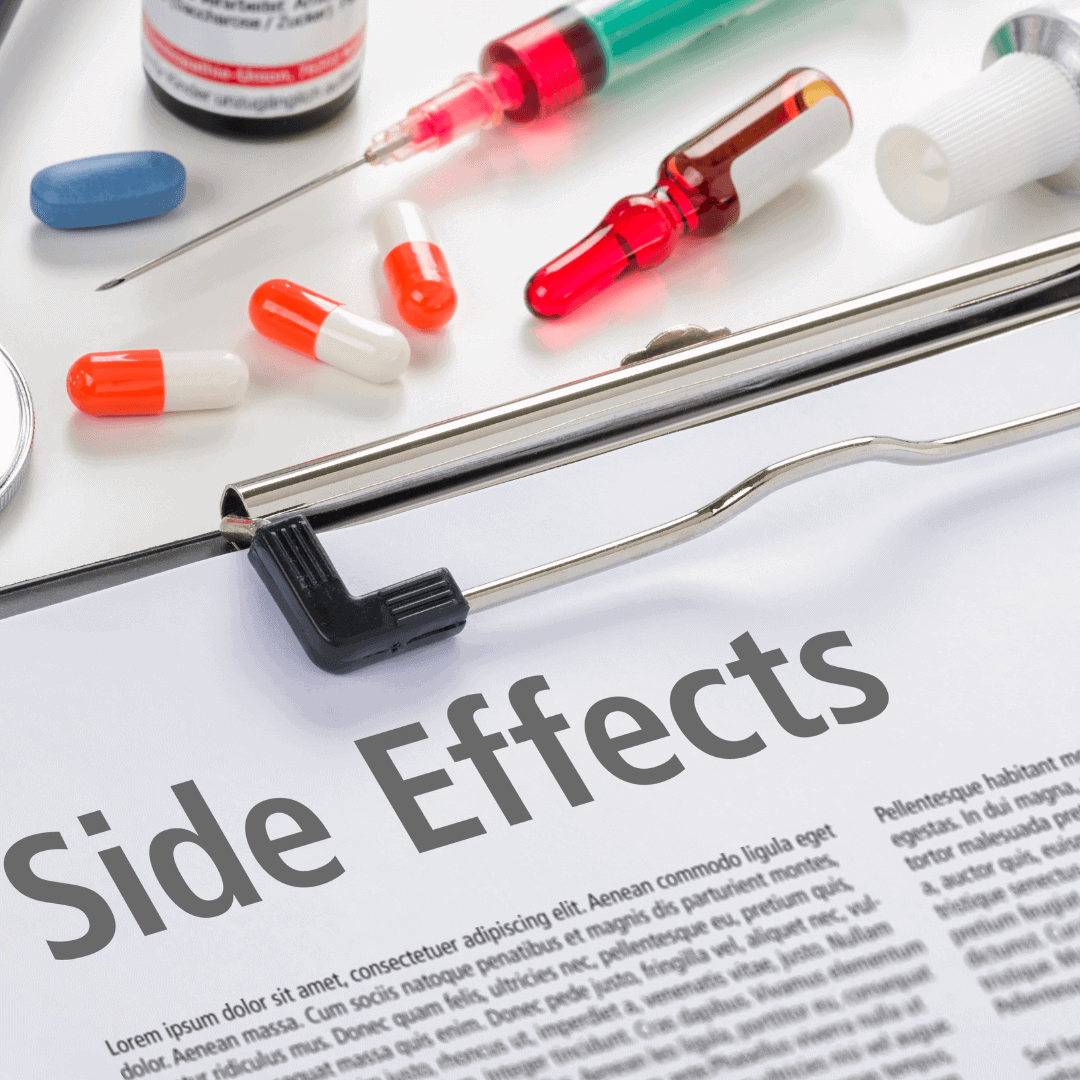
The most common side effects of CBD could include:
- Drowsiness,
- Gastrointestinal issues,
- Dry mouth,
- Reduced appetite,
- Nausea
Because CBD supplements come in so many different forms—such as oils, gummies, tinctures, and vapors—the amount that's actually absorbed can vary drastically. This, combined with each person, will ultimately affect which (if any) CBD side effects you might experience.
To learn more about the potential side effects of CBD, read our blog going in deep about this subject
8. Summary
Unquestionably, CBD has become very popular over the years. Scientists are still finding ways CBD can be helpful to us. It seems like every day they are coming up with ways that CBD can help with certain health conditions. In fact, many people are health conscious and turning to CBD for help instead of wanting to take medicine with harsh side effects.
So… can you take CBD with painkillers? YES – you just have to be careful and start LOW and GO SLOW.
If you have any doubt or would like to speak to an expert, please contact us with your questions on [email protected] with your questions – no questions are silly!

I am a certified expert in Medicinal Cannabis. We are all about giving correct and trustworthy information. We know how important it is to learn about CBD and cannabis, which is why we want to be your go-to source for trustworthy information. We help you improve your health by using our knowledge and experience as a starting point.



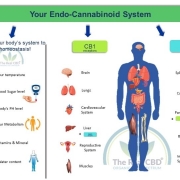
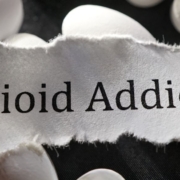
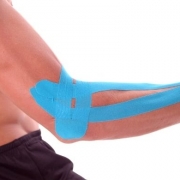



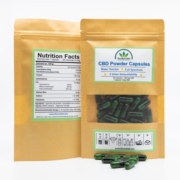




Leave a Reply
Want to join the discussion?Feel free to contribute!